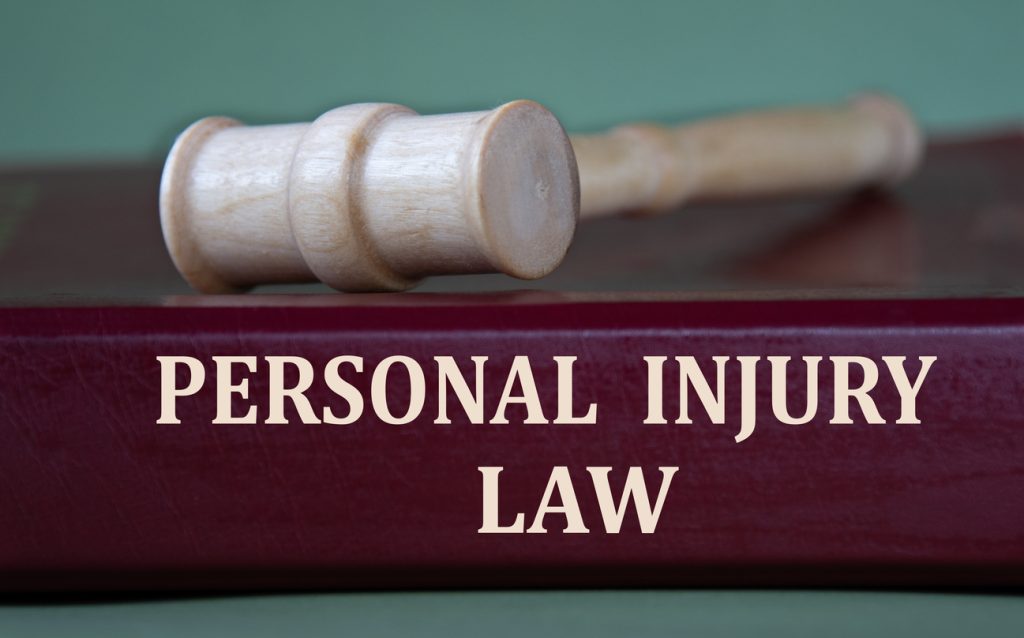Hiring a personal injury lawyer isn’t something you do every day—but when you need one, asking the right questions upfront can make all the difference. From medical bills to lost wages, your future may hinge on the attorney you choose. That’s why finding someone with the right experience, communication style, and resources is more than just helpful—it’s essential.
In growing cities like Greenville, SC, where personal injury cases vary from auto accidents to workplace injuries, understanding how to vet an attorney can help you avoid unnecessary stress and confusion. Whether you’re comparing firms or sitting down for a consultation, do the following things to find a Greenville personal injury lawyer who’s best equipped to protect your interests and fight for fair compensation.
Understanding Experience and Expertise
Possessing experience in personal injury law is crucial. You should ask the lawyer how experienced they are with cases similar to yours. You can also ask: How many years have they practiced personal injury law? Knowing how many cases a lawyer has solved can also give you a clue about how effective they are. An attorney who has proven success understands the intricacies of personal injury claims.
Evaluating Communication Skills
Good communication enhances the bond between the attorney and the client. Asking about preferred methods and frequency of communication helps to be on the same page. Find out if the lawyer will be updating you on the status of your case regularly. Even in the worst-case scenario, susceptibility to contact with the attorney versus support staff, etc. Transparent communication creates trust, and it keeps the clients informed all the time.
Evaluating Legal Fees
Legal fees ought to be plain and simple. You should inquire about the lawyer's fee arrangement. Most personal injury lawyers charge on a contingency basis—you only pay if you win. Specify the percentage that you are charged and any further expenses that may occur. Understanding what the attorney's charges will be helps avoid any surprises and clears up what the attorney and client agree to.
Exploring Case Strategy
Every case is different, which calls for a customized approach. Talking about the strategy that they plan to implement for handling your case makes it clear how ready and analytical a lawyer is. Discuss potential challenges, anticipated timeframes, and the chances of settlement versus trial. These are the types of discussions that should be addressed promptly. If a lawyer has a plan, it is a good sign that they are likely trying to get the client the best results possible.
To Verify References and Reviews
Testimonials from past clients can give you really great insight. Inquire about references or testimonials from past cases. Reading what you can find about reviews and ratings online can also give you some insight into the reputation of the lawyer and how much they please their clients. A pattern of past positive feedback is a sign of a trustworthy and capable attorney who values client needs.
Ask About the Team and Resources
A lawyer may have access to more resources than other lawyers. Ask how many lawyers will support your case and what other resources they have available. Knowing if they partner with investigators, medical professionals, or other experts can give you an indication of whether they can take on more complex cases. Thus, a lawyer backed with experience and knowledge may present a wider area of expertise in pursuing personal injury claims more effectively.
Clarifying Expectations and Outcomes
Setting achievable expectations is paramount to maintaining a good attorney-client relationship. Discuss what the end results could look like, both in terms of best and worst-case scenarios. Knowing how the lawyer weighs the strengths and weaknesses of your case can help set realistic expectations. This transparency sets realistic expectations so that the clients may be emotionally and mentally prepared for what lies ahead.
Conclusion
Finding the right personal injury attorney takes time and requires asking some tough questions. By inquiring about the things mentioned above, you can make an informed decision about the lawyer who will best represent your interests. The right attorney can be an invaluable asset in a personal injury case and put justice and fair compensation within reach.






















